Former Governor of Anambra State and Labour Party’s 2023 Presidential Candidate, Peter Obi, has expressed deep concern over Nigeria’s rapidly expanding debt profile, warning that the federal government’s unchecked borrowing is driving the nation toward a dire economic future.
In a detailed statement posted on his official X (formerly Twitter) handle on Tuesday, Obi criticized the Nigerian Senate’s July 22 approval of additional external borrowing amounting to $21 billion, €2.2 billion, and ¥15 billion for the 2025–2026 fiscal cycle. The Senate also approved the issuance of ₦750.98 billion in domestic bonds and accepted a €65 million grant.
Obi noted that Nigeria’s public debt, which stood at ₦149.39 trillion in the first quarter of 2025, will now climb to approximately ₦187 trillion following the recent approvals — with projections that it may surpass ₦200 trillion before the end of the year.
“With the approved loans of about ₦37.2 trillion, the government has borrowed nearly 70% of our pre-rebased GDP,” Obi explained, referencing the earlier GDP figure of ₦269.2 trillion (about $180 billion).
“Even after the GDP rebasing to ₦372.8 trillion ($243.7 billion), the debt-to-GDP ratio still stands at an alarming 50.16%, the highest in our history,” he added.
Obi lamented that despite the ballooning debt, the country has made little to no progress in critical areas such as education, healthcare, electricity, security, and poverty alleviation.
He pointed out that while education remains underfunded, healthcare is largely inaccessible, and the power sector still struggles to provide even 5,000MW to a population of over 200 million. Security has worsened, with over 10,217 Nigerians killed and 672 villages sacked between May 2023 and May 2025, despite a jump in security spending from ₦2.98 trillion in 2023 to ₦4.91 trillion in 2025.
On infrastructure, Obi stated that 135,000km of the nation’s 195,000km road network remains unpaved and largely unusable, further hampering economic productivity and connectivity.
He also drew attention to worsening poverty and malnutrition, noting that about 133 million Nigerians (63%) are now multi-dimensionally poor. The crisis, especially in Northern Nigeria, has been highlighted by Médecins Sans Frontières (Doctors Without Borders), which recently reported 652 child deaths in Katsina State due to severe malnutrition.
“This is a country blessed with enormous resources, yet nobody should go to bed hungry,” Obi said.
“Borrowing is not inherently bad if it is sustainable and linked to measurable, productive investments. But what we are witnessing is reckless borrowing without accountability, without transparency, and with no transformational impact.”
Calling for urgent reforms, Obi urged the federal government to cut the cost of governance, block financial leakages, and invest in human capital.
“We must return to a disciplined and prudent economic management culture,” he stated.
“It is time to stop this fiscal indiscipline. Nigeria cannot continue on this path of mortgaging the future of our children.”
Obi concluded with a call to build a “New Nigeria” — one led by responsible leadership, focused on people-centered development, and anchored in transparency and measurable results.
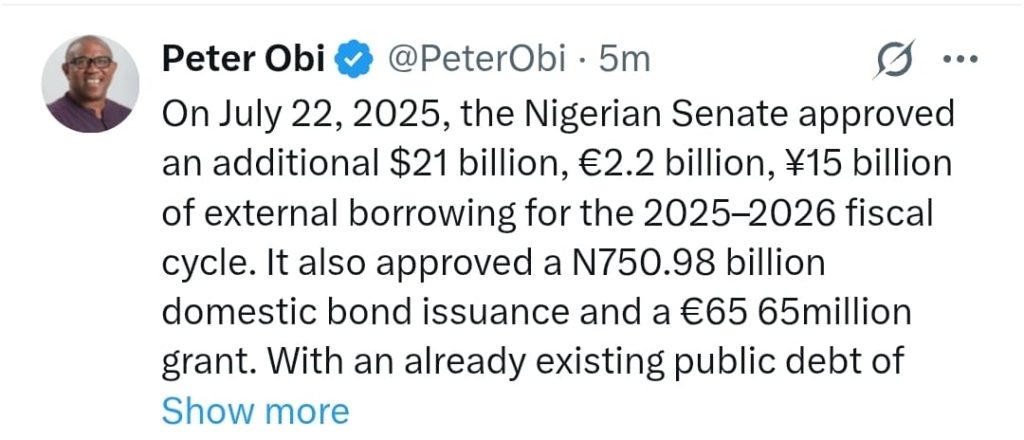
Credit: @PeterObi via x.com.

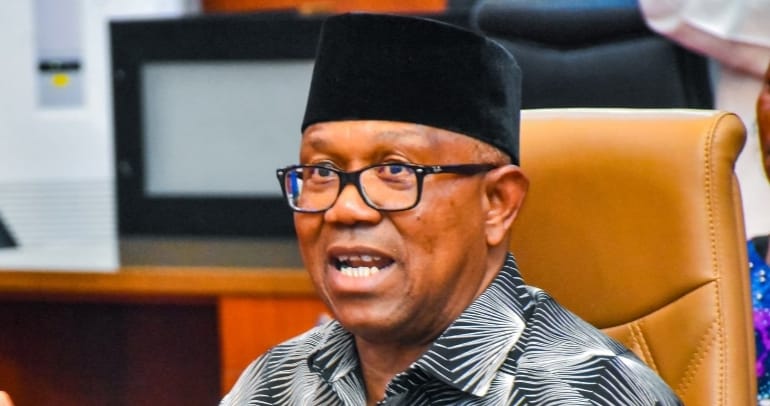

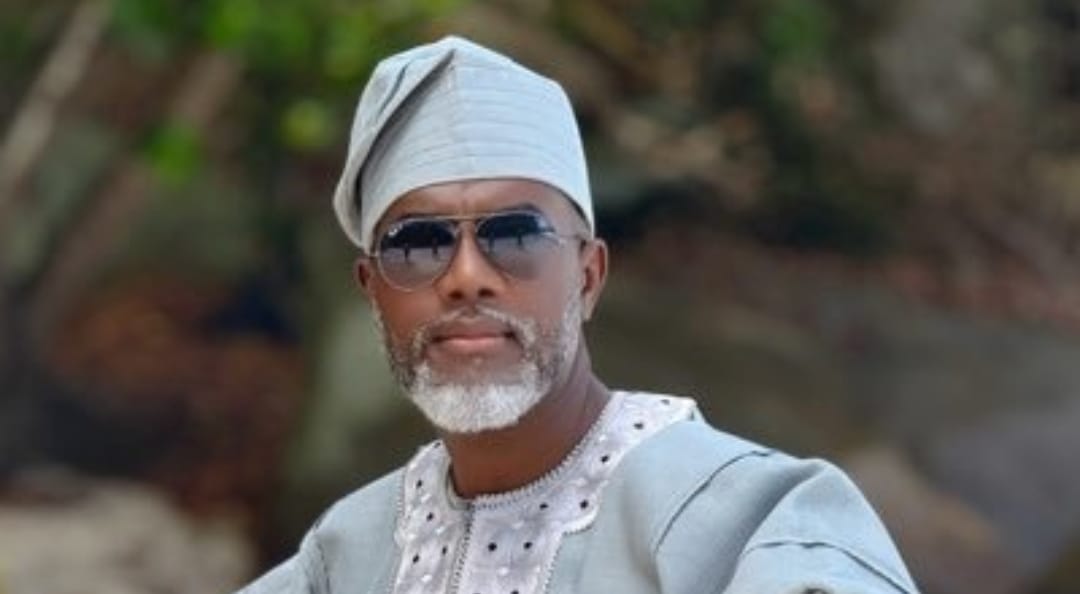

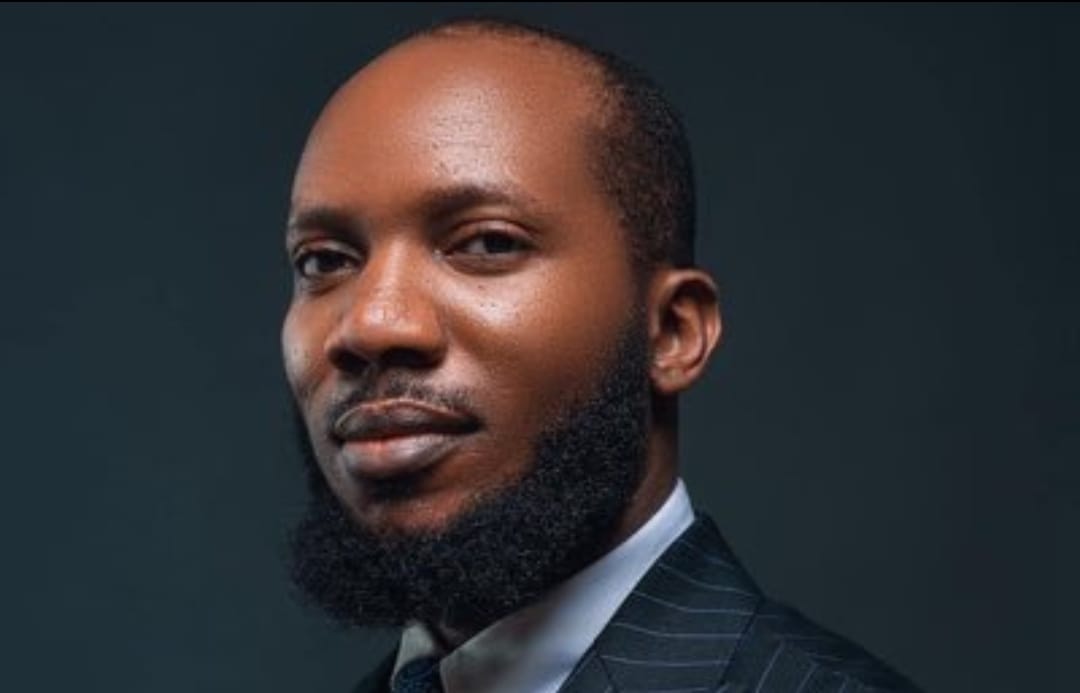

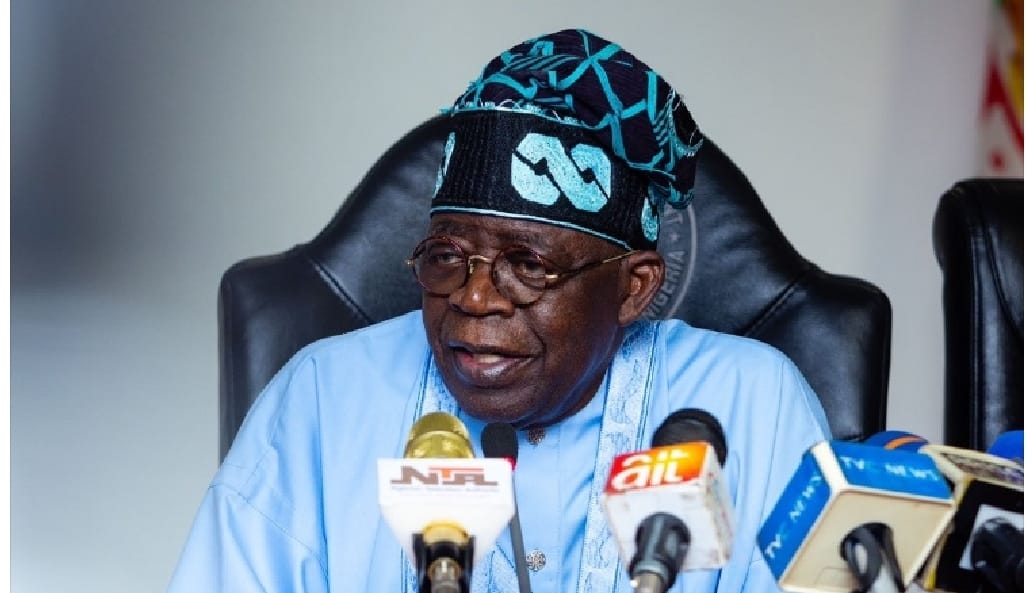
Leave a Reply